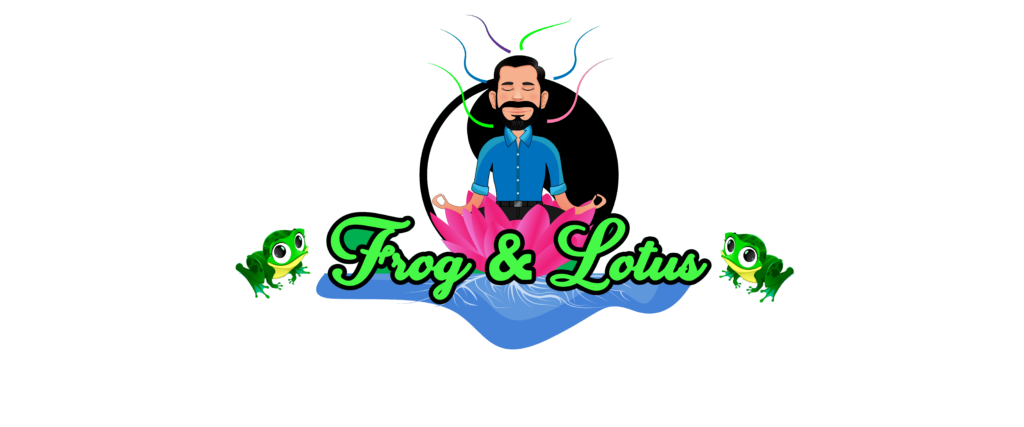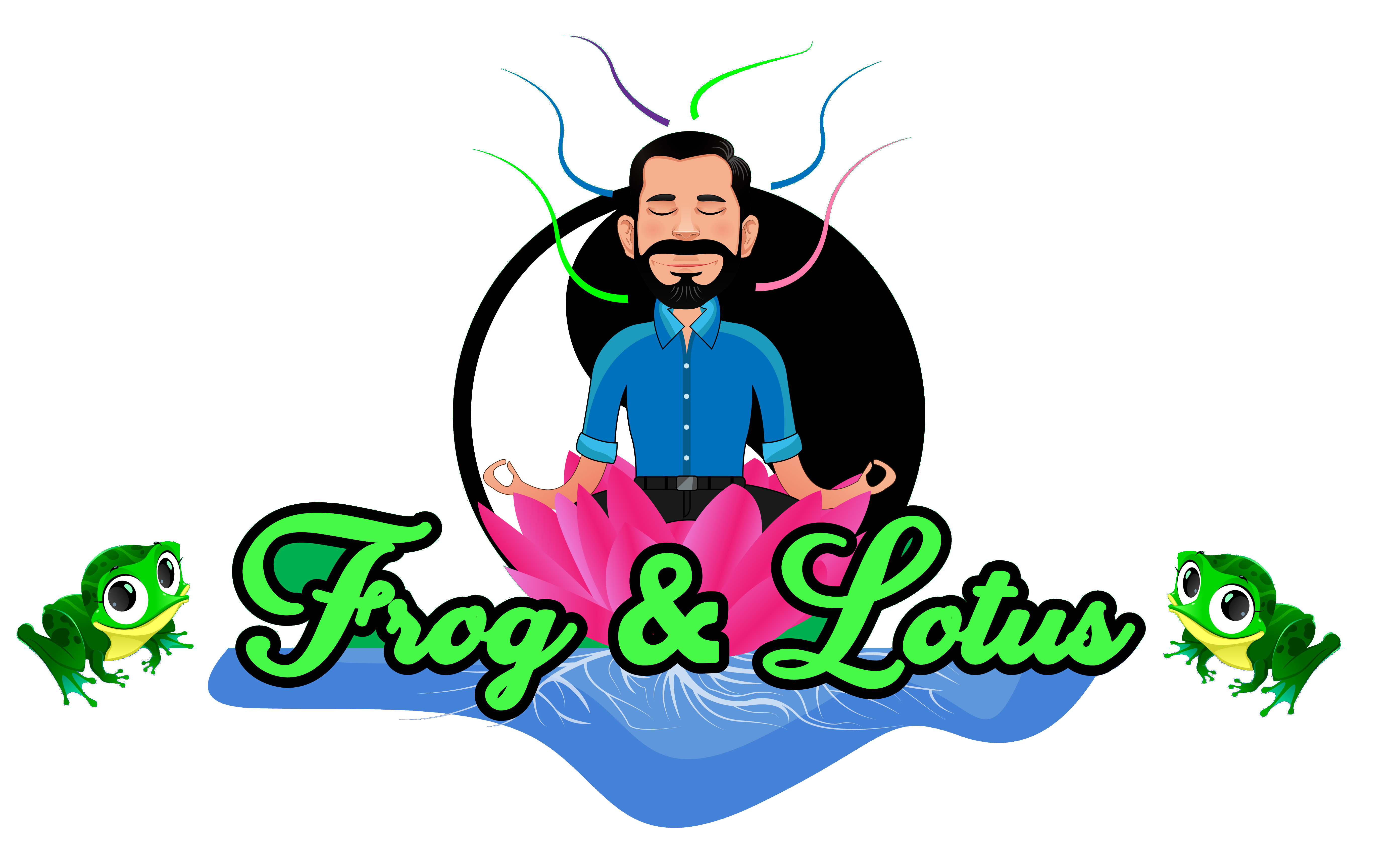Along the path of personal mastery, I’ve always found it helpful to “know thyself.” I’m a huge fan of personality assessments and have taken many, including Myers-Briggs, DISC, Strengths Finders, Enneagram, Heritage, and many others. Carl Jung, who we discussed on Day 2, was the inspiration behind Myers-Briggs which includes the trait pairs Extraversion vs. Introversion, Intuitive vs. Sensing, Thinking vs. Feeling and Judging vs. Perceiving.
When you take the Myers-Briggs assessment, you are assigned a “type” which can often make it seem as though you are one as opposed to the other. If we are not careful, we can view each of the traits as dualistic. However, most of us demonstrate behaviors that can be classified on either side of each of these trait pairs. The assessment is only meant to reveal those behaviors that are most pronounced in a person.
I initially learned that an introvert is someone that recharges when alone, while extraverts prefer to be surrounded by others to get their energy. I used to think I was an introvert because I generally found social situations with groups of people to be scary and tiring. Liquid courage was often necessary in those environments. That was until I found myself in purposeful groups with people who felt the same way as me. We would talk about personal growth and ideas and I found myself getting energized by the conversations. Maybe I’m an extrovert after all?
I’ve since come to learn that personality assessments are very helpful to facilitate learning and discussions about ourselves as long as we don’t become attached to the labels they can create. If I convince myself I am an introvert, I can use that as a great excuse not to attend the next party or group workshop. In this case, am I using what I’ve learned about myself to be who I really am or to hide instead?
Carl Jung explains that when we engage in introverted behaviors, we tend to look at our consciousness as a subjective, inner experience. In modern culture, subjective has come to mean something that is based on feelings and opinions, while objective means based on fact. But I think Jung, meant for the definitions to be deeper. In his view, subjective experience is essentially a consciousness that is directed inward, and “I” seems to be the center of the universe. Objective experience is the opposite and in that form of consciousness we focus on the outer, physically manifested world of space, time, and things. In uncovering our true nature, spiritually speaking, we must be willing to go inward. However, connection with people and the world around us requires an objective skillset.
The truth is that we are all both introverted at times and extraverted at others. Both are important functions for human beings. Becoming consciously aware of our dominant patterns and tendencies will give us clues about our underlying beliefs, thoughts and attitudes. With this information we can uncover that which might be limiting us. Armed with this awareness, we become more receptive to change. At that point, we can drop the labels that we’ve been assigned and start living more fully. There is a saying that we should “eat the meat and throw away the bones.” My vegan/vegetarian friends might prefer the analogy that personality assessment types are simply signposts along a map and once we’ve found that which we seek, we can leave the maps behind.



Thank you for being a fan of who is now considered the most influential physician of all times. Re: Carl Jung.
Thank you for your gift to the world.